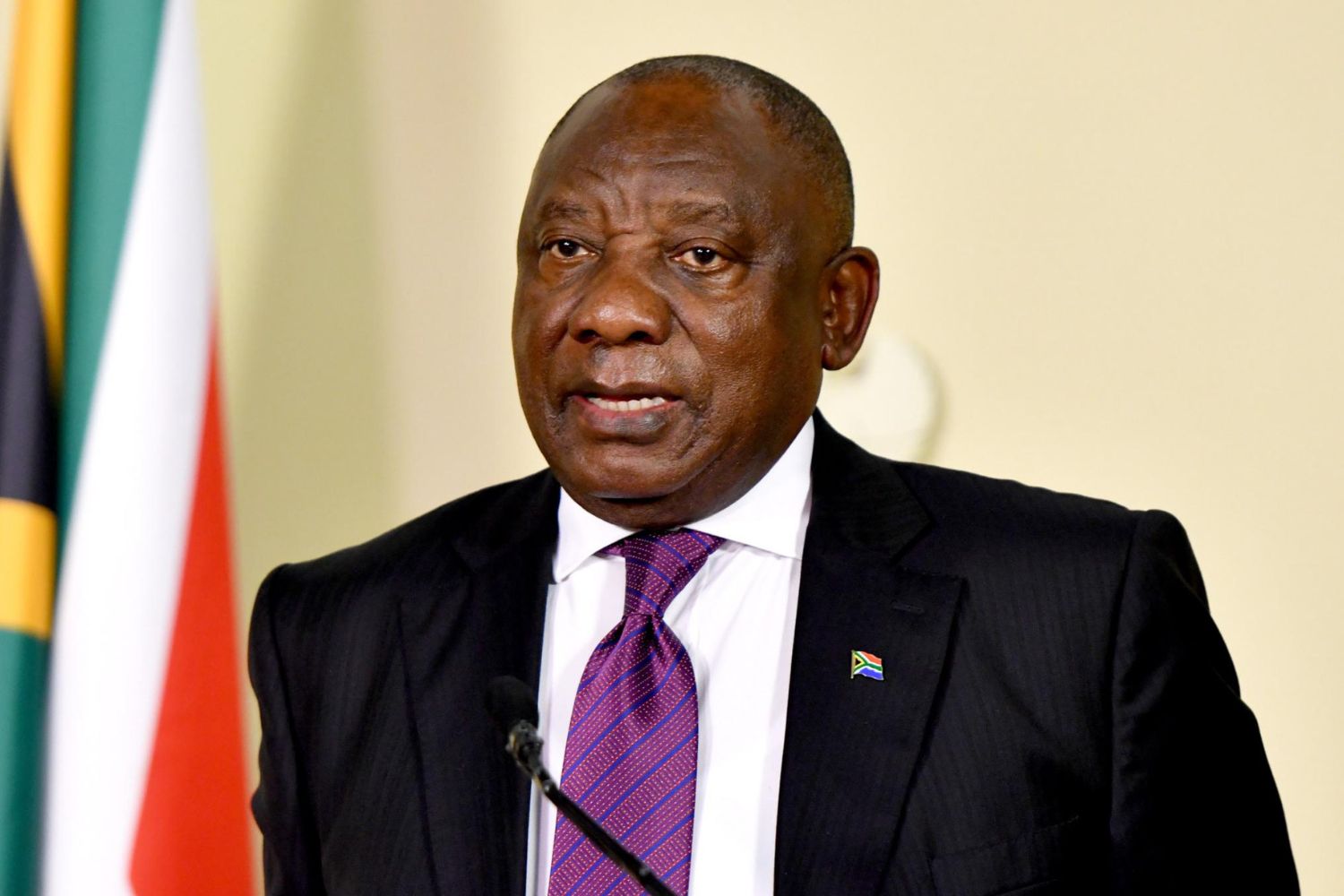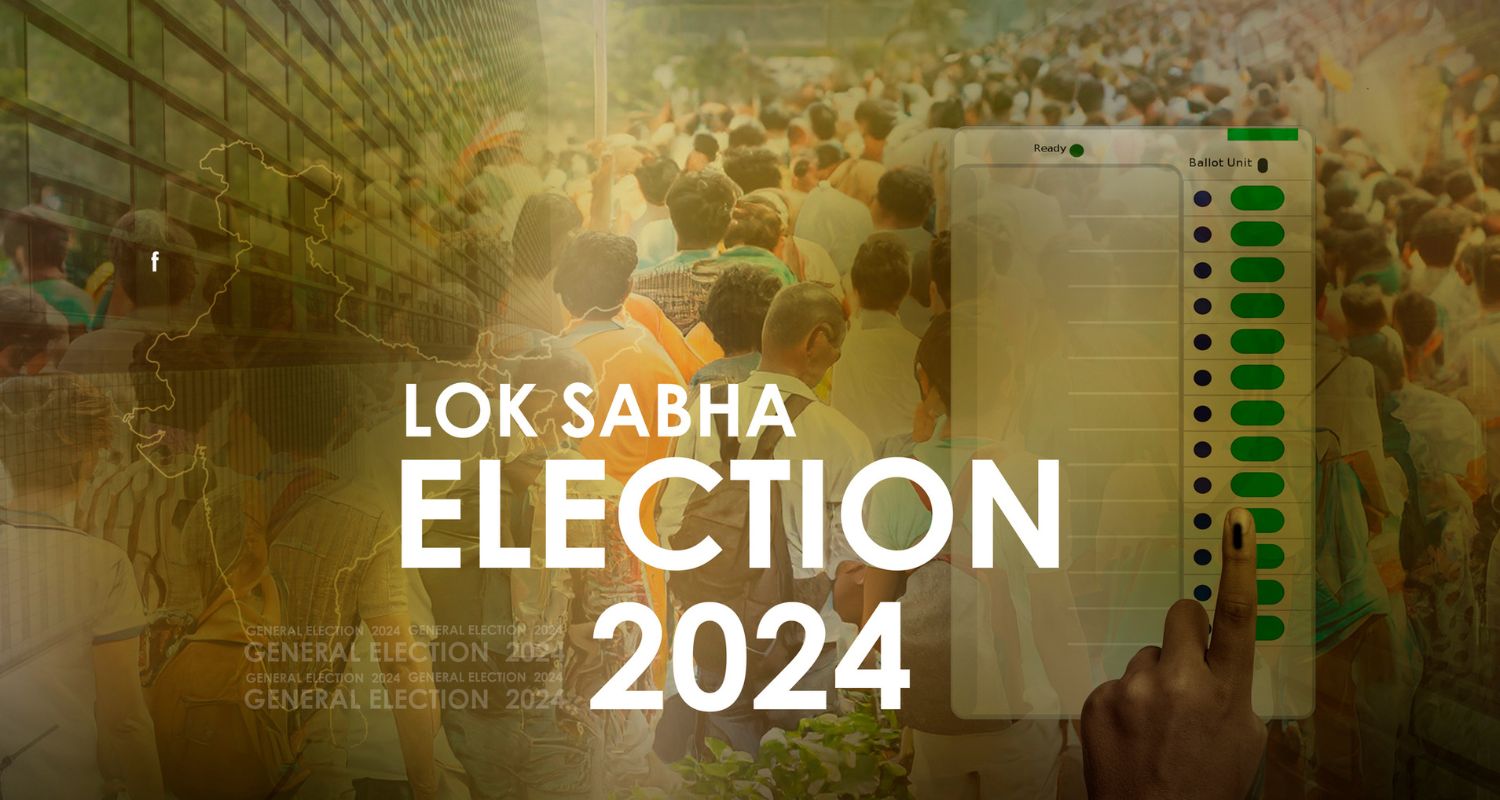As President Cyril Ramaphosa signs the National Health Insurance (NHI) Bill into law, South Africa takes a bold step towards addressing healthcare disparities that have long plagued the nation. The move comes at a crucial time when statistics on medical insurance coverage reveal stark inequalities in access to healthcare amongst the population.
Inequities in Medical Insurance Coverage:
Statistics on South African medical insurance coverage paint a concerning picture. Out of a population of over 54 million people, only 17.4% are covered by a South African medical scheme, equating to approximately 9.5 million individuals having access to private medical care. This leaves more than 44 million people without such coverage, relying primarily on public healthcare services for their medical needs.
Reliance on Public Healthcare Services:
The General Household Survey of 2015 further emphasises the significant reliance on public healthcare services in South Africa. The survey revealed that seven in every ten households opt for public clinics or hospitals as their first point of access when feeling ill or injured. This underscores the critical role that public healthcare facilities play in providing essential medical services to the majority of the population.
Highlights of the NHI Bill:
The NHI Bill aims to address these glaring disparities in healthcare access through several key provisions:
– Inclusive Coverage: The NHI will extend coverage to all South Africans, regardless of their socioeconomic status or residency status, ensuring that no one is left behind.
– Unified Funding: Under the NHI, both private and public healthcare providers will operate under a single pool of healthcare funding, streamlining administrative processes and reducing costs.
– Fee-Free Medical Care: With the implementation of the NHI, individuals will no longer have to worry about medical expenses when visiting healthcare facilities, as the NHI fund will cover the costs of medical care.
– Equity: By bridging the gap between the affluent and the underserved, the NHI aims to ensure that healthcare standards are equitable across the nation, narrowing disparities in access to quality healthcare.
Opposition and Challenges:
Despite the noble objectives of the NHI, it faces opposition from critics who raise concerns about potential challenges such as corruption and mismanagement of funds. The Democratic Alliance (DA) has been particularly vocal in its opposition to the NHI Bill, citing fears of the collapse of the healthcare system and the need for significant tax increases to fund the program.
South Africa’s parastatal woes
The mismanagement of South African parastatals, also known as state-owned enterprises (SOEs), has been a significant concern for the country’s economy and governance. These entities, which include companies like South African Airways, Eskom (power utility), and Transnet (logistics and freight), have been plagued by corruption, inefficiency, and financial mismanagement.
The consequences of this mismanagement have been far-reaching, contributing to South Africa’s economic woes, including recession, high unemployment, and a significant burden on the country’s fiscus. The government’s continuous bailouts of these entities have raised concerns among rating agencies, which have downgraded the country’s credit rating.
The root of the problem lies in the capture of these SOEs by corrupt interests, often linked to political elites, which has led to the appointment of unqualified and politically connected individuals to key positions. This has resulted in a lack of accountability, poor financial management, and a culture of corruption that has permeated these institutions.
The impact on the economy has been severe, with the inefficiencies and corruption in SOEs perpetuating gross inefficiencies in key sectors, further exacerbating the country’s economic challenges. The situation has also had a disproportionate effect on low-skilled workers, who are often the most vulnerable to the consequences of corruption and mismanagement in SOEs.
Efforts to address these issues have been slow, with some progress made in holding corrupt officials accountable and implementing reforms. However, the task of fully reforming SOEs and restoring their competitiveness is a long-term one that requires sustained commitment and action from the government.
The mismanagement of South African parastatals is a complex issue that has significant implications for the country’s economy and governance. Addressing this problem will require a concerted effort to root out corruption, improve accountability, and restore the competitiveness of these entities.
Looking Ahead:
As the NHI becomes law, South Africa enters a new era in its healthcare journey. While challenges lie ahead, including the need for robust oversight mechanisms to ensure transparency and accountability in fund management, the NHI represents a significant step towards achieving universal health coverage and addressing long-standing healthcare disparities in the country.
With millions of South Africans currently lacking adequate medical insurance coverage, the implementation of the NHI is a crucial step towards building a more equitable and inclusive healthcare system. As the nation moves forward with the implementation of the NHI, there is hope for a future where access to quality healthcare is not determined by one’s financial means but is a fundamental right for all citizens.













